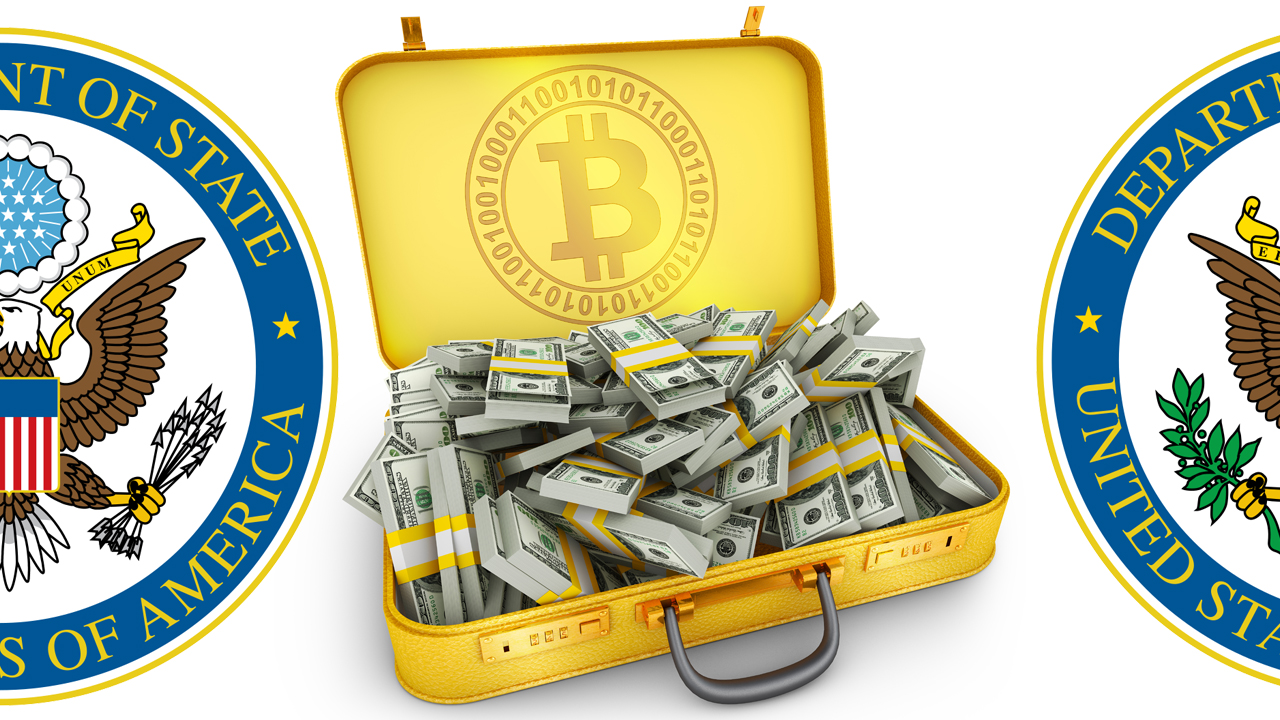The U.S. State Department has created a Rewards for Justice (RFJ) program to incentivise the reporting of dark web activities that pose a threat to the nation.
As part of the U.S. State Department’s mission to crack down on cyber related crimes, they are offering up to $10 million for the ““identification or location of any person who, while acting at the direction or under the control of a foreign government, participates in malicious cyber activities against U.S. critical infrastructure in violation of the Computer Fraud and Abuse Act (CFAA)”
National security issues involving cybercrime have made the headlines recently, with cryptocurrency related crimes such as the Colonial Pipeline hack bringing global attention to the impact of cybercrime. Last week hackers undertook the largest DeFi hack in history, with Poly Network, a cross-chain interoperability protocol, loing over $600 million in different cryptocurrencies.
While the RFJ program has been going on for some time, this is the first occasion that informants can choose to receive their reward in cryptocurrency. A State Department official commented on the rollout of the program:
“We’ve been working on this quite a while and it coincided at a very good time that we managed to get this rolled out as critical infrastructure and ransomware were at the top of the news cycle, so to speak, and a major concern for the US government.”
Another official commented on the decision to offer cryptocurrency in these circumstances, noting it was probably more appropriate:
“Something on the Dark Web that allows total anonymity and an initial level of security is probably more appropriate for those folks,”
The Reward for Justice program has been going on for almost forty years, and has paid over $150 million to individuals who “provided actionable information that put terrorists behind bars or prevented acts of international terrorism worldwide.”
Representatives of the program recently attended the cyber conference Black Hat in Las Vegas, to promote the State Department’s new initiative.
Disclaimer: This article is provided for informational purposes only. It is not offered or intended to be used as legal, tax, investment, financial, or other advice.
Credit: Source link























